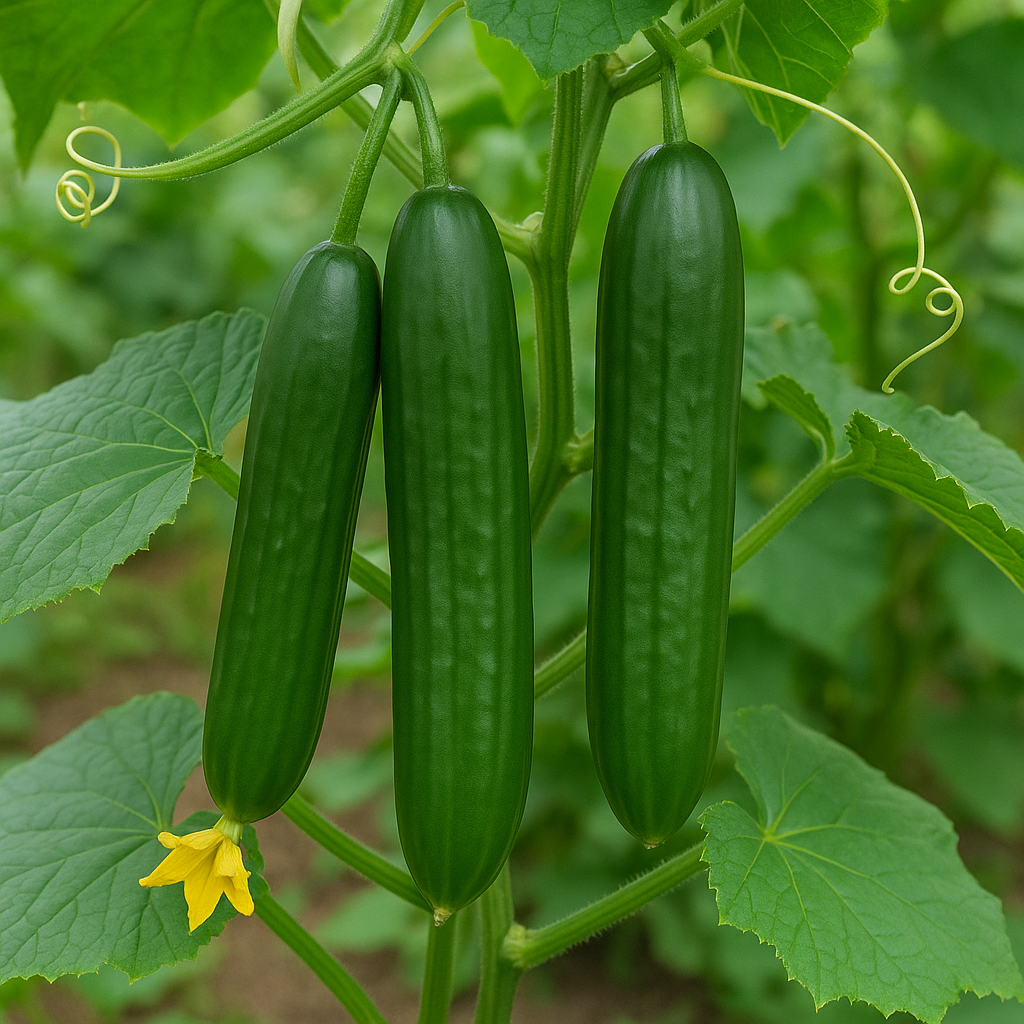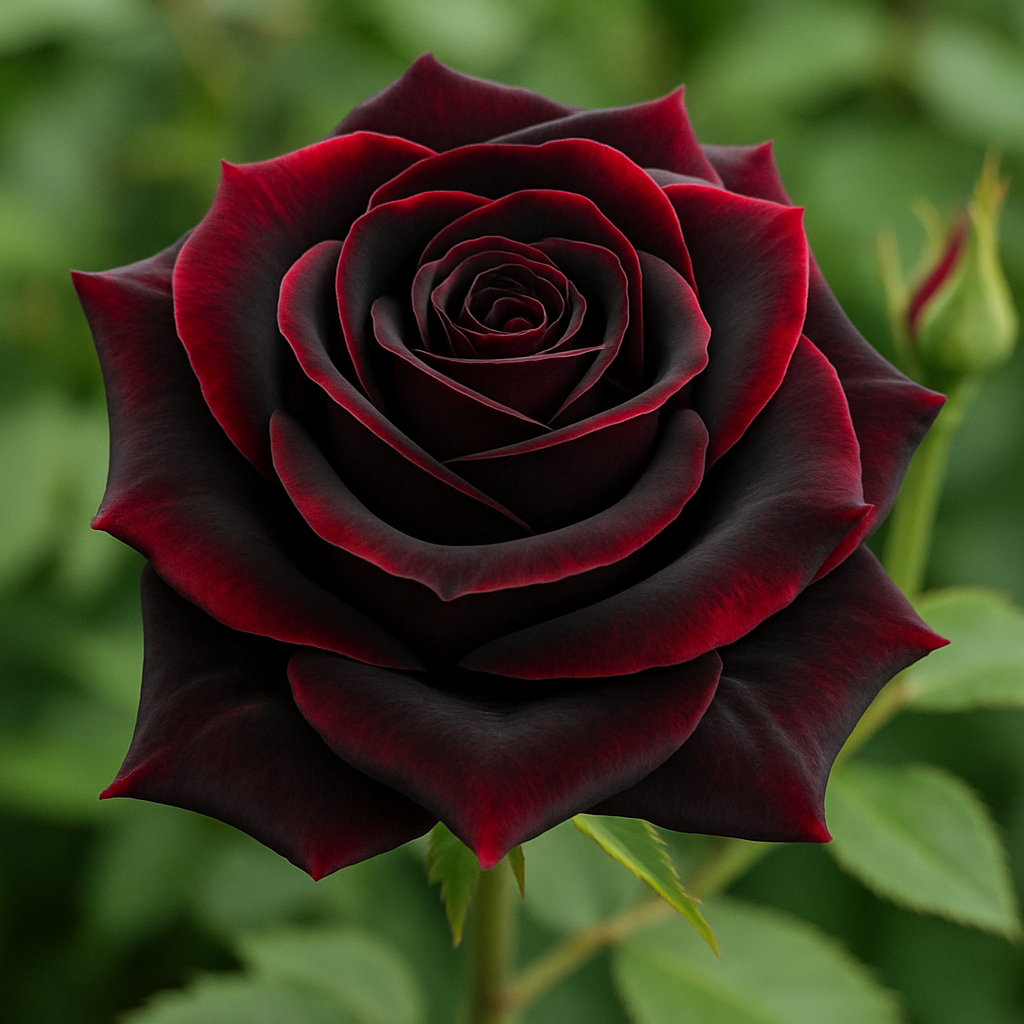パチョリ:あなたの庭と健康のための芳香ハーブ
パチョリ(Pogostemon cablin)について
パチョリ(Pogostemon cablin)は、その独特で 土のような甘い香りで何世紀にもわたり愛されてきた芳香性ハーブです。東南アジア原産のパチョリは、シソ科に属し、主に葉から抽出されるエッセンシャルオイルで知られています。このオイルは、その落ち着きとグラウンディング効果のために香水、化粧品、アロマテラピーで広く使用されています。芳香としての魅力を超えて、パチョリは熱帯および亜熱帯気候で育ちやすい簡単に育てられる植物であり、庭での実用的な用途も多く提供します。

なぜパチョリを育てるのか?
庭でパチョリを育てる理由は数多くあります:
-
芳香のある葉:パチョリの葉は強く土の香りがし、庭の感覚的な魅力を高めます。
-
エッセンシャルオイル:パチョリの葉は、香水、香、さらには伝統医療で使用される非常に人気のあるパチョリ精油の原料です。
-
天然の害虫忌避剤:パチョリの強い香りは、特に蚊やその他の庭の害虫に対して天然の害虫忌避剤としても働きます。
-
育てやすさ:パチョリは比較的簡単に育てられ、適切な環境に定着すれば最小限の手入れで済みます。
-
美的価値:その緑の葉と紫の花により、パチョリはハーブガーデンやコンテナガーデンに魅力的なアクセントを加えます。
パチョリの植え付け時期
最適なパチョリの植え付け時期は、気温が安定して暖かい春または初夏です。パチョリは暖かく湿度の高い環境でよく育ち、土壌温度は少なくとも60°Fから70°F(15°Cから21°C)が必要です。
-
室内での開始:寒冷地にお住まいの方は、パチョリを室内で育て始め、霜の危険が過ぎた後に屋外に移植することができます。
-
直まき:屋外に植える場合は、最後の霜が過ぎて土壌が十分に温まってからにしてください。最良の結果を得るために、パチョリの種または若い苗を水はけの良い湿った土壌に植えましょう。
パチョリを育てる場所
パチョリ は直射日光から半日陰を好みます。明るい間接光の下でよく育ちますが、特に暑い気候では多少の陰りも耐えられます。理想的な場所は以下の条件を満たすべきです:
-
水はけの良い土壌:パチョリはローム質でやや酸性の土壌を好み、排水性が良いことが重要です。堆肥を加えることで土壌の構造と肥沃度を改善できます。
-
温暖な気候:熱帯植物であるパチョリは湿度の高い環境で最もよく育ちます。寒冷地にお住まいの場合は、冬の間に室内に移動できるコンテナで育てることを検討してください。
-
コンテナガーデニング:メンテナンスを簡単にするために、パチョリはパティオやバルコニーのコンテナで育てることができます。コンテナは植物の成長に十分な大きさで、排水が良いことを確認してください。
パチョリ(Pogostemon cablin)の育て方
成長させることは比較的簡単です。パチョリ この芳香性ハーブを栽培するためのステップバイステップガイドはこちらです:

-
種子または挿し木から始める:
-
種子: パチョリの種は室内の育苗トレイに約1/8インチ(約3mm)の深さでまきます。土壌を湿らせ、暖かい温度(約70°F(21°C))に保ってください。
-
挿し木: 挿し木から始める場合は、健康な植物から4〜6インチ(約10〜15cm)の挿し木を取り、水の入った瓶に入れて根が出るまで待ちます。根が出たら土に植え替えます。
-
-
植える:
-
苗が育ったら、庭やより大きな鉢に移植してください。
-
植物同士の間隔は、自然な茂みの成長を考慮して約12〜18インチ(約30〜45cm)離して植えてください。
-
-
土壌準備:
-
土壌は湿っているが水はけが良い状態を保ってください。パチョリは水はけの悪い状態で根腐れを起こしやすいため、土壌の排水性を確保してください。
-
コンテナ栽培の場合は、水はけが良く、過剰な水分を保持しない排水性の良い培養土を使用してください。
-
パチョリの育て方
パチョリの世話は、適切な環境を保ち、以下のケアを行うことを含みます: パチョリ
-
水やり: 土壌を常に湿った状態に保ちますが、水浸しにはしないでください。パチョリは湿度の高い環境を好むため、室内で育てる場合は時々霧吹きで葉に水をかけることを検討してください。
-
温度: パチョリは65°Fから85°F(18°C〜29°C)の温度で最もよく育ちます。霜に敏感なので、寒さから守ってください。
-
施肥: 成長期には、健康的な成長を促進するために、約月に一度バランスの取れた有機肥料でパチョリに施肥してください。
-
剪定: パチョリの形を保ち、より豊かな成長を促すために剪定します。茎が細長くなりすぎたり背が高くなりすぎた場合は、軽く切り戻すことができます。
パチョリのコンパニオンプランツ
パチョリ は、同じような生育条件を持つ他のハーブや植物と一緒に植えることができます。良い相性の植物には以下が含まれます:
-
バジル:両方の植物は暖かさ、湿度、日当たりの良い条件でよく育ちます。
-
レモングラス:強い香りで知られ、パチョリと相性が良く、害虫忌避効果を高めることができます。
-
ミント:似たような生育条件を好み、庭でパチョリの香りを引き立てるもう一つのハーブです。
-
ラベンダー:ラベンダーはやや多くの日光を必要としますが、パチョリの近くでよく育ち、庭の感覚的な体験を豊かにします。
パチョリの収穫
パチョリ は植物が成熟した後、一般的に6〜9ヶ月の成長期間を経て収穫できます。パチョリの収穫方法は次の通りです:

-
葉の切り取り:葉を収集するには、植物の茎を地面から数インチ残して切り取り、再生を促します。エッセンシャルオイル、ハーブティー、料理用に必要に応じて葉を収穫してください。
-
乾燥:葉を収穫した後は、涼しく乾燥した場所に吊るして乾燥させます。乾燥したら葉を砕いて香りを放ち、密閉容器に保存できます。
-
エッセンシャルオイルの抽出:パチョリオイルを蒸留したい場合は、葉を蒸気蒸留してエッセンシャルオイルを抽出する必要があります。
パチョリ(Pogostemon cablin)に関する最終的な考察
パチョリ は育てやすく香り高いハーブで、その芳香の魅力から健康や美容への利用まで幅広い効果があります。エッセンシャルオイルの生産、害虫駆除、または単に美しい葉を楽しむために育てる場合でも、パチョリはどんな庭にも素晴らしい追加となります。高品質な パチョリの種や苗をお求めなら、Organicindiaseeds.comを訪れて、この素晴らしいハーブの栽培を始めましょう!



コメントを書く
このサイトはhCaptchaによって保護されており、hCaptchaプライバシーポリシーおよび利用規約が適用されます。